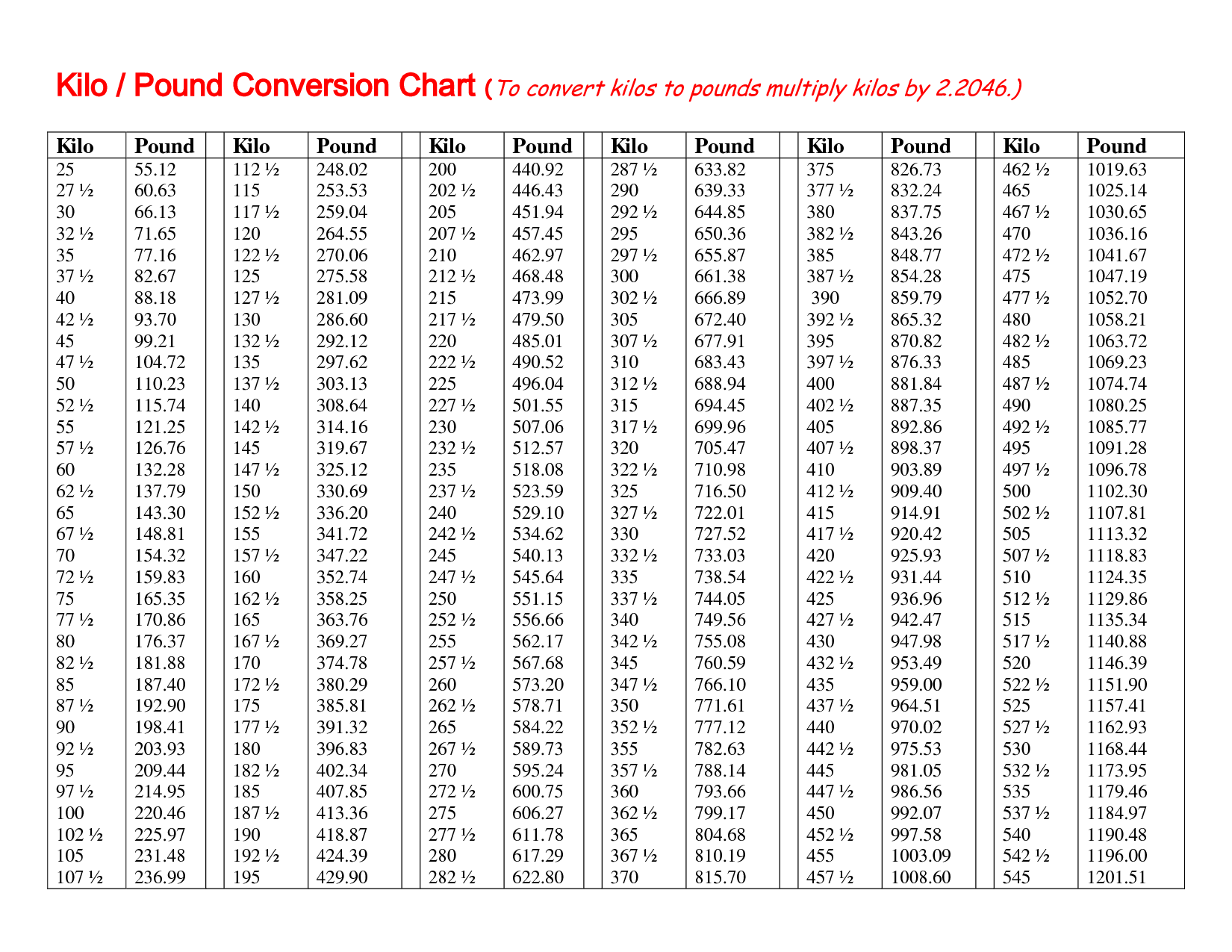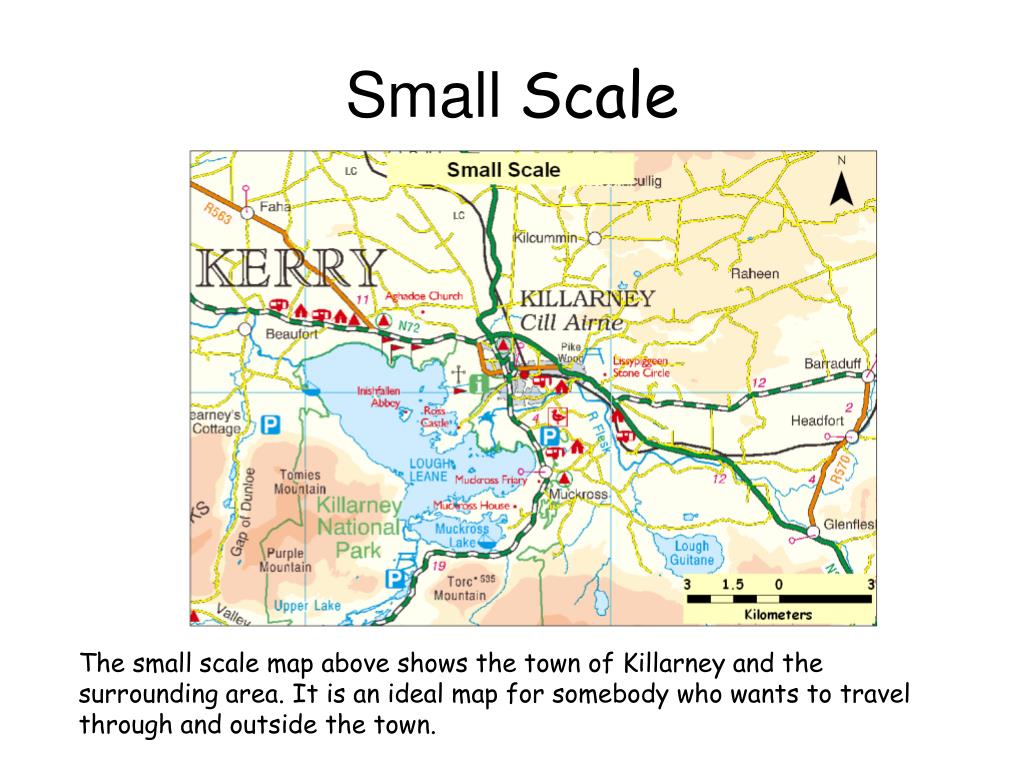Kilo Lbs Conversion Made Easy

Understanding the relationship between kilograms and pounds is essential in various aspects of life, including science, commerce, and daily applications. The need to convert between these two units of mass arises frequently due to the different measurement systems used worldwide. The metric system, widely adopted in most countries, uses kilograms as the standard unit of mass, while the imperial system, predominantly used in the United States, utilizes pounds.
To navigate this conversion efficiently, it’s crucial to grasp the conversion factor between kilograms and pounds. One kilogram is equivalent to approximately 2.20462 pounds. This conversion factor can be used to convert kilograms to pounds by multiplying the number of kilograms by the conversion factor. Conversely, to convert pounds to kilograms, divide the number of pounds by the conversion factor.
Step-by-Step Conversion Guide
Kilograms to Pounds:
- Multiply the number of kilograms by 2.20462.
- Example: 5 kilograms * 2.20462 = 11.0231 pounds.
Pounds to Kilograms:
- Divide the number of pounds by 2.20462.
- Example: 10 pounds / 2.20462 = 4.53592 kilograms.
Practical Applications
The conversion between kilograms and pounds is widely applicable in various fields:
- Cooking and Recipes: Many recipes, especially those from different countries, require precise measurements. Understanding how to convert between kilograms and pounds makes following these recipes easier.
- Health and Fitness: Body weight measurements often need to be converted, especially for athletes or individuals monitoring their health progress in different units.
- Commerce and Trade: International trade involves products weighed in both kilograms and pounds, necessitating accurate conversions for transactions and labeling.
Common Conversion Challenges
Despite the simplicity of the conversion factor, challenges arise from rounding errors or the need for highly precise measurements. For precise applications, such as in scientific research or legal trade, using the exact conversion factor is crucial. In everyday applications, however, rounding the conversion factor to 2.2 pounds per kilogram may suffice for quick estimations.
Resources for Simplified Conversion
For those who frequently need to convert between kilograms and pounds, several tools and resources are available:
- Conversion Calculators: Online calculators can perform the conversion instantly, allowing for easy and accurate switching between units.
- Mobile Apps: Numerous apps are designed for unit conversions, including mass, length, and volume, making them handy for quick references.
- Reference Charts: Physical or digital charts listing common conversions can be useful for frequent conversions without needing to perform calculations.
Historical Context of Measurement Systems
The evolution of measurement systems influences the current use of kilograms and pounds. The metric system, developed during the French Revolution, aimed to create a universal, logical system based on the decimal system. The imperial system, on the other hand, is based on earlier British units of measurement. The coexistence of these systems has necessitated the development of conversion methods for practical communication and trade.
Future of Measurement Standards
As globalization increases, the importance of standardized measurements becomes more pronounced. Efforts to adopt a universal measurement system could simplify international interactions, but cultural and historical factors will continue to influence the use of different units. Education and awareness about conversion methods will remain essential for facilitating communication across different measurement systems.
Decision Framework for Choosing Units
When deciding between using kilograms and pounds, consider the following factors:
- Audience and Region: The prevalent measurement system in your target audience’s region can influence your choice.
- Application: Scientific, technical, and international applications often require the metric system, while certain industries or regions may prefer the imperial system.
- Consistency: Consistency with existing datasets, literature, or standards is crucial for clarity and comparison.
Conclusion
The conversion between kilograms and pounds is a straightforward process once the conversion factor is understood. By mastering this conversion, individuals can more easily navigate the complexities of international communication, commerce, and personal applications. Whether through the use of conversion tools, understanding historical contexts, or applying conversion factors, the ability to switch between these units of mass enhances one’s flexibility in a globalized world.
FAQ Section
How do I convert kilograms to pounds quickly for everyday applications?
+To convert kilograms to pounds quickly, you can use the approximation of 1 kilogram being about 2.2 pounds. Simply multiply the number of kilograms by 2.2 to get an approximate value in pounds.
Why is it important to understand how to convert between kilograms and pounds?
+Understanding how to convert between kilograms and pounds is important because it facilitates communication and trade across different regions and industries that may use different measurement systems. It’s also useful for personal applications such as cooking, health monitoring, and travel.
Are there any tools or resources available to help with converting between kilograms and pounds?
+Yes, there are several tools and resources available, including online conversion calculators, mobile apps designed for unit conversions, and physical or digital reference charts. These can make converting between kilograms and pounds quick and accurate.
How does the historical context of measurement systems influence the current use of kilograms and pounds?
+The historical context of measurement systems, with the development of the metric and imperial systems, influences the current use of kilograms and pounds. The metric system’s aim for universality and logic contrasts with the imperial system’s basis on traditional British units, leading to the coexistence and need for conversion between these systems.
What factors should I consider when deciding which unit of mass to use?
+When deciding between kilograms and pounds, consider the audience and region you are communicating with, the specific application or industry standards, and the need for consistency with existing data or literature. These factors can help you choose the most appropriate unit for your needs.



